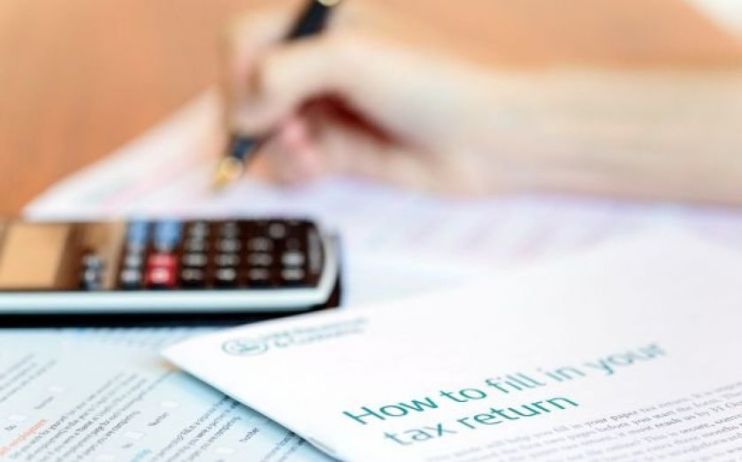Current parliament will mark permanent shift to higher tax economy, says IFS

The current parliament will mark a “decisive and permanent shift” to a higher-tax economy despite the government’s aim of reducing the tax burden, experts at the Institute for Fiscal Studies (IFS) said.
Current forecasts predict taxes will continue rising during the rest of the parliament, with the total tax burden reaching nearly 37 per cent of national income by 2024.
Up from nearly 33 per cent back in 2019, the rise would amount to approximately £3,500 more per household, although not shared equally. The UK government is predicted to raise upwards of £100bn more in tax revenues each year.
Since the beginning of the 20th century, government revenues have only increased this much during and immediately after the two world wars.
Ben Zaranko, senior research economist at IFS, said this meant it was “the biggest tax-raising parliament since the Second World War”, but stressed this was not correlated with the effects of the pandemic.
“It reflects decisions to increase government spending, in part driven by demographic change, pressures on the health service and some unwinding of austerity,” he said. “It is likely that this parliament will mark a decisive and permanent shift to a higher-tax economy.”
The move to a higher-tax economy comes despite pressure on the ruling Conservative party to announce tax cuts.
Chancellor Jeremy Hunt has all but ruled out announcing tax cuts in the Autumn Statement but Prime Minister Rishi Sunak is reportedly considering making a two pence cut to the basic rate of income tax next year ahead of a possible election.
But Mark Franks, director of Welfare at the Nuffield Foundation, said the combination of demographic change and slow economic growth would create “almost inevitable” pressure to raise taxes further.
“There will be strong pressure in coming parliaments to raise taxes further to meet growing demand for public services such as healthcare,” he said.
“Future governments must not only have a credible and robust strategy for the economy and the public finances, but should also be forthright and transparent about the difficult trade-offs they will face,” he added.